Lunch with Raihan Anwar
Path #13: The 'sensory maximalist' on good coffee, crypto, Koreatown & quality things
“If you’re not making something people give a shit about, hang it up.”
I first met Raihan Anwar, as so many friendships begin these days, on the internet. Where? I don’t remember. (Instagram friend-of-a-friend? Comments section of an obscure forum?). Since then, I’ve been astounded by all the projects, businesses and communities Raihan’s launched or grown. He’s a guy with his finger in 50 pies. Artist manager. Strings-puller of the hugely popular web3 community Friends With Benefits (profiled in The New Yorker, New York Times, GQ, and Courier). Coffee expert. Fragrance designer. E-comm man-about-town. Co-founder (with his mom!) of an incense import-export business located—literally—on LA’s Skid Row.
A Desire Paths-worthy guy if there ever was one.
Raihan and I met up at Neuehouse Venice, in LA, for lunch and a winding chat about…
his fascinating career
his current obsessions
his favorite brands
why he’s forever curious
Enjoy 🚀
Also: Sorry for the giant gap between posts. Life’s been BUSY. Changed jobs—left Courier and am now officially & happily at Mailchimp as editorial director. Spent time with the in-laws in Paris. Attended a pow-wow and drove ATVs in the desert. Explored Atlanta. Other minor dramas and life logistics. I promise, though: there is a timeline in this universe where I’m good at staying on track with this newsletter. And I’ll find it.
Raihan, my friend. Let’s start at the beginning. Where’d you grow up?
My folks moved here from Bangladesh. My dad was in his mid-twenties and my mom was in her late teens or early twenties. They’ve been here since the eighties. A lot of the Bengali diaspora in the US, especially in California, starts in Koreatown. It’s really interesting to see a certain socioeconomic verticality. Some Bengali folks in the 70s bought apartment buildings and, as a result, made it easier for people to have affordable rents when they first moved here. It’s the typical immigrant experience: people help people find jobs: gas stations, 7-11, whatever. And they go from there. My folks worked their way into doing administration for a law office, and running kind of a nascent web 0.5 startup in the 90s. I remember running around and bugging everyone: What’s this? What’s that? 4-year-old Raihan asking about computers.
Is that what got you interested in tech?
Yeah, that was the start. It became my thing. Music, too. Growing up in Koreatown around then was delightful, because a lot of my friends were Korean and K-pop has always been in my life. Early, mid- and late-90s K-Pop... I remember all of that. I’ll talk to Korean people and be like, I really love H.O.T. and they’re like, Wait, what do you know about this stuff? If you know how to do LA you get immersed in this stuff hard.
And you ended up going deep into the music scene here...
Oh, one hundred percent. I grew up Muslim, so my folks would be really mad if they heard swear words in music. But guess what genre doesn’t have that problem? Electronic music! So I went hardcore into it. Drum and bass, dubstep, instrumental, hip hop, all of that. I spent all of middle school and high school going to shows, getting into that world. In high school, there was a club night called Low End Theory. I literally still have the membership card in my wallet. That was one of the best sounding rooms, in my opinion, anywhere in the world.
Low End Theory launched careers for people like Flying Lotus. This beat-driven, instrumental hip hop scene was super popular, super hot. You had everyone playing at this place on the outskirts of Chinatown and Lincoln Heights. James Blake, Thom Yorke. I would go there all the time throughout high school and undergrad. I built my rep just by being in the room with a lot of these people and being a huge nerd.
And you turned it into a job. That’s cool.
Yeah, I went to undergrad at UC San Diego and I just kept booking my friends. At some point, my friends became relatively well-known; like, nominated for Grammys well-known. It was a right-time, right-place sort of thing. And once I graduated—with a degree in public policy and economics—I immediately came back up to LA and got back into the music scene. One of the first things I did involved tours. Booking agents we worked with were like, How should we route tours? Normally there’s a certain way of doing it: LA, New York, Chicago, and then secondary and tertiary markets. And I was like, What if we flipped it? What if we took illegal download data—this was pre-Spotify—then mapped all of it, then booked tours based on where people were actually downloading stuff? And it actually worked out alright!
You were also working in artist management too, right?
Yeah, I worked with clients like Shepard Fairey for a solid five or six years. My closet is probably the world's most unkempt art museum. We took care of the business side of things, matchmaking and dealmaking, taking care of whatever they need. You’re kind of the captain of the artistic ship in that way. I did that for a very long time. But my mom was like, So are you going to do something that makes money now?
That’s how you got into e-commerce.
I’d been doing it for my artists and I was comfortable enough with it. So I did a quick stint doing some coffee things for Go Get Em Tiger, then a recruiter from Breville reached out with an opening for a junior e-commerce role. I worked my way up extremely quickly and basically led e-commerce there for three years into the pandemic. But then I was like, Oh, I have a desk job. I don't know if I want to do this. So I applied to USC for my MBA, and that’s when the Friends With Benefits (FWB) stuff kicked off…
So at business school you witnessed all this crazy stuff happening in crypto – and saw a gap?
It actually comes back to music more than crypto. My buddy Trevor, who I’d known through music, was like, Yo, if you have a wallet, send me your address, I got you. He sent me 50 FWB. I was like, What’s FWB? Is this a sex thing? I hop into the Discord and there were like 10 people in there, and I knew six of them already from music. I was like, Oh, okay. Cool.
Our early mandate was: If you’re a creative person going through this pandemic, you couldn’t tour, artists couldn't put food on the table. So we were just like, if you’re curious about how DeFi—decentralized finance—works, holler at us, and we’ll take care of you. It’s almost half chat room, half consultancy. We’ll guide you into the unknown. Even as technology shifts, we’re there, right alongside you, making sure the biggest nerds can connect with the biggest artists and make cool stuff happen.
Coming from the intersection of corporate and culture, if you let things go unchecked, all you get is boring stuff. Generally speaking, you’re in 25 meetings and someone’s web3 strategy is like, ‘We’re going to do a major televised event and people are going to scan their phones at this thing’. But no one’s going to see it and no one’s happy. Instead, we were like, we already know you as an artist, a musician, a painter, a sculptor. Come rock with us. We didn't think of it as a business in the first place.
But it quickly got a lot of media attention.
Oh yeah.



Did that make you think about it more as a business? Or did you still want to keep the community natural? Sometimes attention can kill things.
I mean, for me personally—and I’m not speaking for the rest of the team—at the time I still had a day job, I was still in school, and we were getting this heat. We thought we should have someone who can step in and function as a COO-type person, just to make sure that the momentum was there. That helped us take it more serious.
A lot of the tech world is forgetting about web3. VCs have taken their eye off the crypto ball a bit. NFT projects are down. AI is the sexy new thing. Thoughts?
I’ve always had very contrarian thoughts about web3 writ large. I don’t necessarily think it’s the future, insomuch as the future shouldn’t be hardcore financialized. If the only innovation we’ve added is this layer of ‘you can make more money off these things’, well, unfortunately money is a scarce and finite resource concentrated in the hands of the few. So is that really what we want? No. To use your expression, the eye being taken off the ball forces people to reckon with the fact that fewer people are now obsessed over this, so… what are we actually building?
And what are people building that you’re excited about?
ArtBlocks, a generative art platform, have been doing a yearly meet-up in Marfa and for anyone who’s art focused, you know why they’re there. I think they’ve done this for three years now. And it’s actually been growing. We’ve also done FWB Fest and had artists like James Blake, Caroline Polachek, some pretty heavy hitters. And I think a lot of that comes from the fact that this isn't just a simple paycheck for a lot of these folks. It isn’t that way for us, either. Because if you’re optimizing for attention, you start doing stupid shit. And we’re not in the business of doing stupid shit.
Okay – and you’re also, somehow, heavily involved in a fragrance business. How’d that happen?
Ha. The fragrance thing started immediately after undergrad. My mom was teaching at Cal State Northridge at the time. She’s no slouch, smart as heck, and was feeling burnt out. So in the few months before I got into the artist management stuff, we built this whole business doing importing and exporting of aroma chemicals and compounds, in Skid Row.
Why Skid Row, of all places?
My uncle helped us find a place and it was affordable! We didn’t realize it was going to be that much in the cut, but it was. I also didn't realize that 95% of my clientele would be Spanish-speaking. I took a year of Spanish in elementary school. So basically this was my education in learning how to speak Spanish. It was nuts.
And the business is basically importing fragrance chemicals?
Just all the stuff you would need to make fragrance, yeah. We didn’t buy or sell perfume or cologne or finished products. But if you needed limonene or a toner or an acetate, we got you.
You sell that to big brands and factories?
Factories or even people doing it locally. A lot of people want to make incense or candles. In the beginning, I’d walk down to the Macy’s on Seventh Street, or to the Aesop that had just opened, and I’d just kind of hang out and befriend all the clerks and take home a thousand dollars worth of free samples. Then I’d reverse engineer every single one. That’s how I got good at it.
So now you're really good at detecting patchouli and vetiver in things.
Oh, absolutely. If you’ve ever spent time at a good restaurant, every chef working there has taken produce off the truck and bit into it without washing it. Like, this is what it is. You have to have that level of familiarity. I think I can generally do that with perfume. There are obviously a billion exceptions.
I find fragrance fascinating. I generally want to smell like the Mojave Desert…
You’re a dry herbal kind of guy.
I happened to find myself in a few fragrance classes recently – one with Linda at Capsule Parfumerie in Chinatown in LA. And another in London with Maya Njie. They’re tons of fun. Your fragrance business is still going?
Yup, still going. Nothing stops. It’s been nice to devote a bit more time and energy to thinking about what direction I want to take it in.
What’s your next project? You gonna start a band? Move to Costa Rica? Launch a coffee business?
I have no idea. My time at Breville, oddly enough, has been one of the most grounding things for me. Because those folks are in the business of making stuff that people actually want. And if you’re not making something people give a shit about, hang it up. So, how can I make something that people want? How can I do so in a way that hopefully is fulfilling? A lot of the FWB stuff, thankfully, is still phenomenally fulfilling. It’s gone through a lot of ups and downs, but that energy has never changed.
In terms of coffee, every once in a while someone will slide into my DMs and be like, Yo, I want to start the next big coffee brand. And I’ll say: coffee hardware or beans? They’ll say beans. I’m like, Oh, you’ve got to get SO good at this. Because it’s literally a matter of taste. My one flaming hot opinion is that most people running coffee brands today literally don't have a sense of taste. They’re just looking at unit economics and thinking it could be a business. And it could be! Just not a good one. Most people don’t make it past year two.
Your website name – constant.coffee – now makes sense.
That’s it. It goes back to growing up religious, too. I don’t really drink. As soon as I found good coffee, I was like, I’m going to make this my personality now. And I did.
What's your favorite cafe in LA?
Mandarin in Pasadena. Absolutely great.
And what about coffee hardware? How’s that different than basing a company on beans?
Hardware is even more difficult. The people I knew at Breville who were in charge of supply chain are some of the toughest motherfuckers you’ll ever meet. For them, the rejection rate for parts is really high. They take only the best. And so what happens when you have a really high rejection rate for parts, but you also need to manufacture units? Either sacrifices get made or you win them over. That’s why Breville is a brand with longevity. They were just in Businessweek, which is crazy.
I’d love to make something physical one day. Something that’s not esoteric or hard to explain to my grandma. Like… a camera bag company.
One fun touch point I have is when things get too in the weeds about the spec sheet. A camera, for instance, can get so geeky. But does it take good photos? Often a person’s not interested in answering that question. Instead, they’re like, Here's our stats. Watches, too. People are like, ‘Oh my god, my watch movement.’ So many industries suffer from that spec sheet paralysis. The next thing I want to do, in whatever industry, is undo a little bit of that and just make something people want.
I don't know if it’s an age thing, but I'm increasingly obsessed with well-constructed physical objects. Shirts. Pocket knives. Ceramic mugs. Cameras. Objects that do a job incredibly well. Fewer better things.
At some point in your life, you hopefully know what better is. Because if you don't, you’re just throwing money around for no reason. You need to know why. I forget where I read this, but everything has two prices: there’s the literal price you pay and there’s the time-cost of learning why. I’ve been obsessed with that framework lately.
I like that. You’ve called yourself a sensory maximalist. What’s that?
I obsess over how things feel. I love medical journals, where they look at how playing a certain sound or frequency will alter your taste buds, or alter your pain tolerance. Things are constantly changing in your body because of how your body reacts to other things. I love it because I’ll always take that back to my fragrance activities.
Have you watched the Grant Achatz episode of Chef's Table on Netflix? World-class chef, runs this restaurant called Alinea, multiple Michelin stars, yada, yada, yada. He gets cancer and they have to biopsy his tongue. And as a result of that, he can’t taste for six months. But he’s basically the Michael Jordan of flavors. So he, along with his team, made a quadrant, a grid, of flavors. He couldn’t taste, but he knew what was what. He basically made a generative engine of his own brain to come up with different flavor combinations. And he would give that to his sous chef to make a dish.
Like a map.
Yeah, like a map. I think about that a lot. Anyone working in perfumery sort of has a similar map in their head. Not all of us have the same classification for any given piece of raw material or aroma compound, but we can come to similar conclusions.
I guess it’s like wine, too.
Yup. The way people describe coffee is the way people describe weed, wine, fragrance, color to a degree. It’s interlinked. You need a vocabulary, otherwise you’ll have a hard time. Take Trent Reznor, one of my favorites. He’s basically classically trained—not formally, but I’ve seen him in the studio, and he’s not just like, Play that note. Instead, he’s like, Let that resolve to an A5. He’s very specific. And you have to know how to do that, otherwise the people you’re working with have a bad time.
That old Picasso maxim of ‘Learn the rules like a pro, so you can break them like an artist.’
A hundred percent. Whenever I’m back at the shop, I have to leave with one new thing I’ve made. Every once in a while I’ll hit random on Wikipedia until I get to something and I’ll be like, This is today's mystery ingredient.
Petrichor. The smell of ozone.
That’s a fun one. The smell of books is another. And people really love campfire. Campfire is delightful for me, as someone who specializes in incense. People say, I want to smell woodsy. And I'm like, Yo, guess what? You're burning wood right now! So we don't need to worry about that. You can do stuff to make it more prominent, but you never want to go hardcore. Like, no one is ever making a chicken dish and says, I want to make this taste more chicken-y.
If I work with a musician on a fragrance, I say, Think about this as an EQ curve. You have your lows here, your mids here, your highs here. Musicians won't be like, My bass synth is only going to be at the bottom of the spectrum. Because it’s not. You can push that anywhere you want. You have some people who play overtones to feel closer to your chest. You have people who drive it super low so you feel it in your toes and feet, like a rattle. You can do this with fragrance, too. It’s the same exact thing.
And coffee?
Less so. Coffee is fascinating because it’s two spectrums basically. You have origin characteristics and roast characteristics. Origin characteristics are, like: I’m using the best beans from the highest elevation of a certain country. And you can taste that. You can taste a country-to-country difference. Some people can even taste a region-to-region difference within a particular country. And then it’s how you roast it that brings out the rest. Also, the thing no one wants to explain is that water makes a huge difference. If you're using a different minerality due to where you are in the world, you’re not going to get the same exact coffee experience. Have you been to endorffeine in Chinatown?
Yeah, across from Howlin' Ray's.
Jack Benchakul, the owner, is fascinating in this regard. He was literally a chemist. Jack’s the kind of guy who, for every new coffee he gets in, will redo the entire water filter at the shop. He’ll be like, Alright, I've increased the amount of calcium chloride, and I've decreased the amount of magnesium in the water. All of that to, first, mimic the characteristics of the coffee, but then to push it in his own direction. To make it taste the best.
Have you ever tasted the civet poop coffee?
Kopi luwak. Yeah, I’ve had it. It’s just hype. You should avoid it. But I’ve legitimately had a $50 cup of coffee and I understood exactly why it was $50. I really want to start a coffee shop where you’re like, This is phenomenal coffee, and here’s 2 ounces of it.
Just a sip. There's a place in London called The Sampler that does that with wine. You can get a tiny glass of a $500 bottle of wine or whatever.
It would be phenomenal if I could do that with coffee. I don’t want to have 12 ounces of a Panamanian geisha coffee. It’s like drinking really nice Riesling—you literally can’t use your tongue after a while. Your taste buds will be maxed out. You never want that to happen.
Sounds like hell.
You can easily push your body to extremes. There have been weeks where I might’ve built the wrong flavor or fragrance combination, and I can’t smell anything. One really crazy time was during early Covid. Thankfully I never lost my smell or taste. I was, and am, very strict about it…
I did. It was terrifying. Because smell and taste are directly related to appetite and your enjoyment of things.
Oh man. Yeah, I had people come in and they’d be like, Yo, I can't smell this bottle! It would be a bottle of pure fragrance concentrate. And my my mom and I were like, Is our stuff bad?! But then we understood. Oh, Covid!
You were the canary in the coal mine!
Yeah. If you look at Amazon reviews for Yankee Candle back then, you’ll literally see the graph go crazy in March of 2020. What a wild time.
❤️ 4 BRANDS RAIHAN LOVES ❤️
3sixteen. ‘I’ve been a huge fan of the brand since it started 20 years ago. They were dudes who pivoted. They started at the same time as The Hundreds, and you can imagine coming out of streetwear being the du jour thing. These guys were like, okay, we’re going to do menswear instead and keep reiterating on patterns, making solid clothes, and experimenting here and there. When I was in New York recently, they opened up a month-long coffee pop-up with one of my friends and mentors, Jaymie Lao, who’s phenomenal. Because of how long they’ve been in business and the relationships they’ve made, they’re able to have custom roasts and a really nice service setup within their shop on the Lower East side. These guys have really influenced how I run a lot of the business stuff in my life.’
Acronym. ‘The Berlin-based techwear company. The author William Gibson is a huge fan. They’re like, ‘Alright, we’re going to make a tuxedo, but we're going to make it using Schoeller 4-way stretch.’ Everything looks right. It’s fascinating. I think about Acronym a lot.’
Outlier. ‘I’m wearing their pants right now actually. I think at this point, my closet’s probably a third Outlier, a third Acronym, and third 3sixteen.’
Strietman. ‘I fell back into an espresso machine wormhole recently. There’s a German company called Strietman that makes beautiful manual espresso machines that look like works of art. It’s a nice solid brass cylinder, a proper lever on top. I got to play with one recently and it felt good. Solid stuff!’
Go deeper… Raihan’s website // Twitter // IG // Fragrance work
—
Until next time…



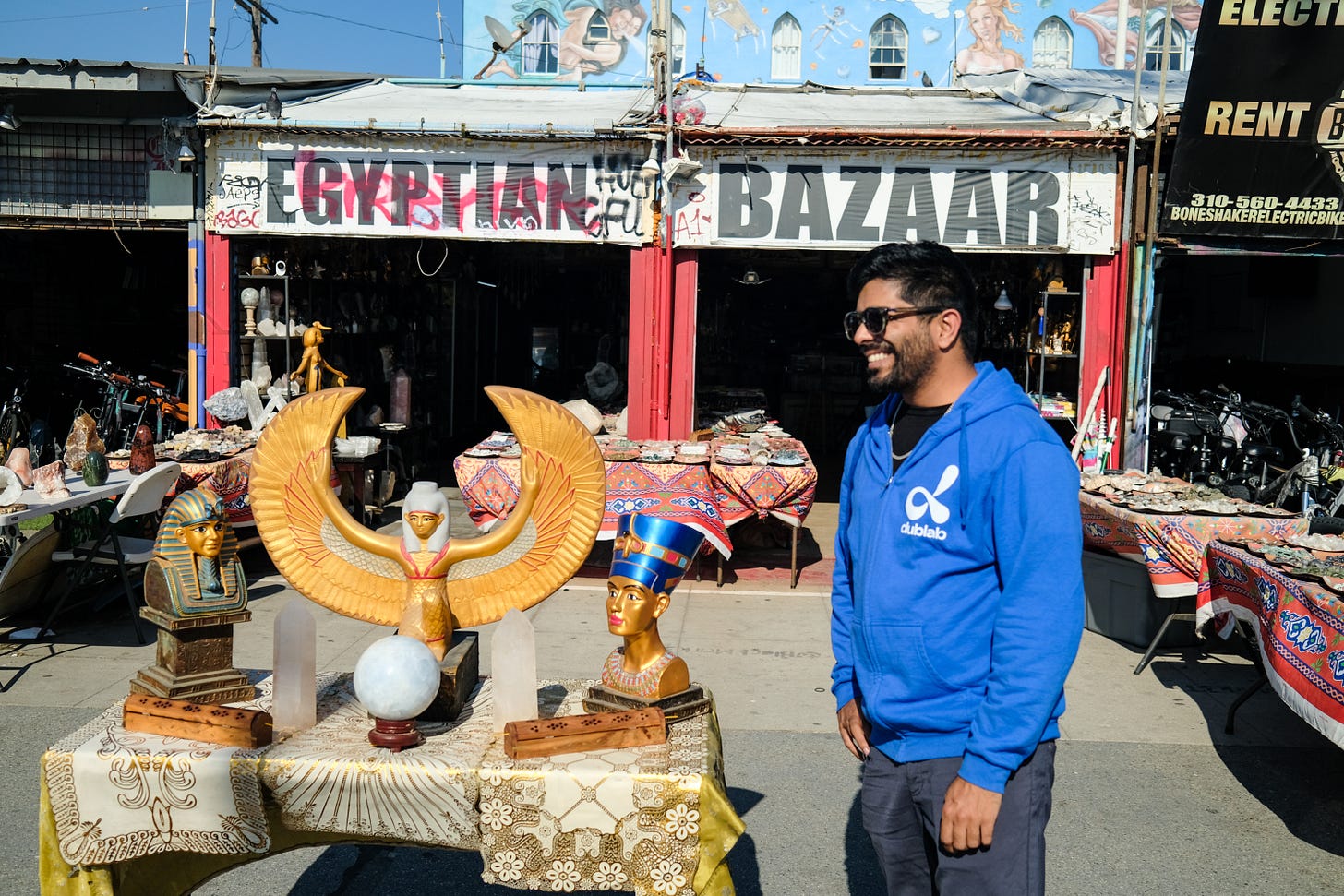
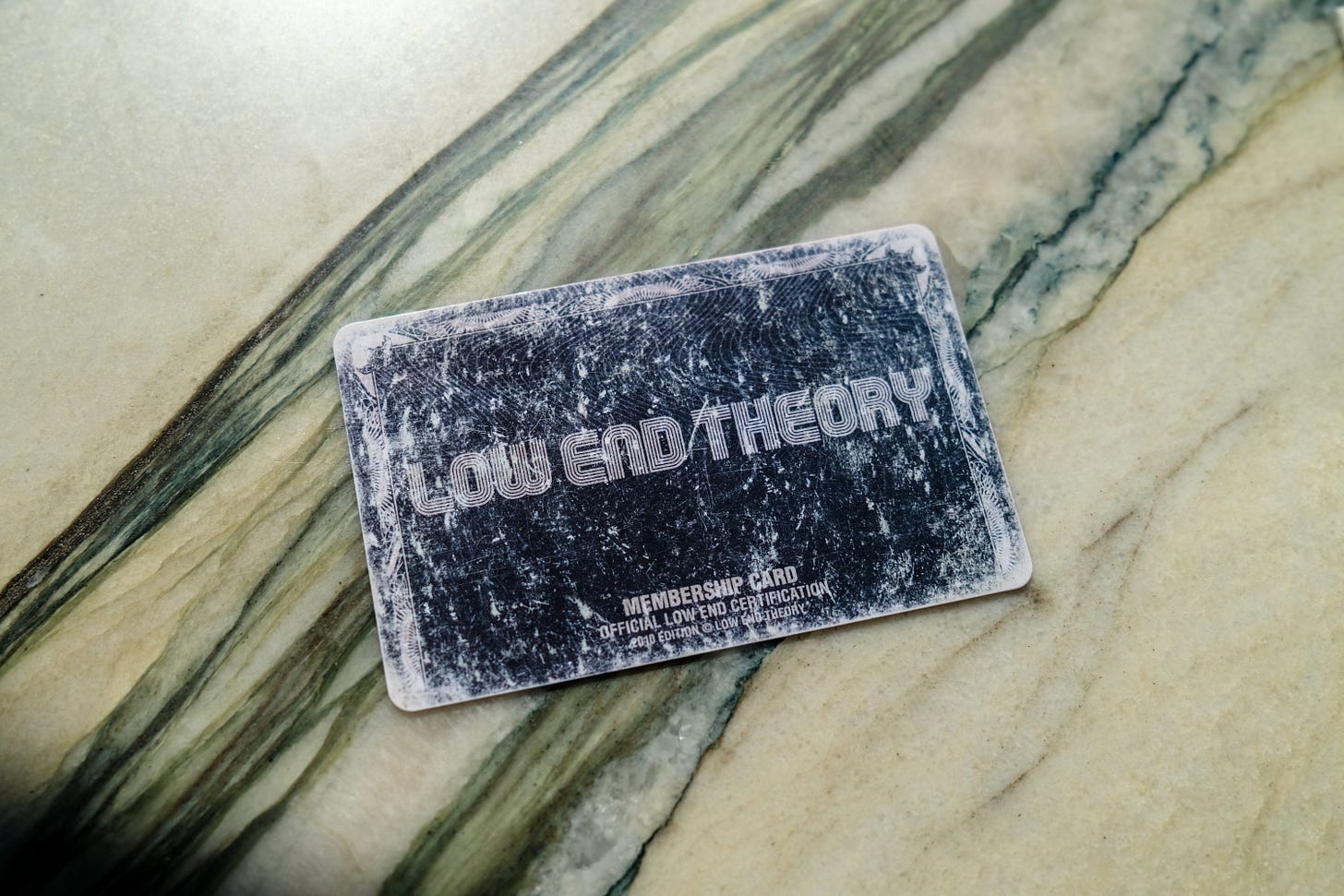
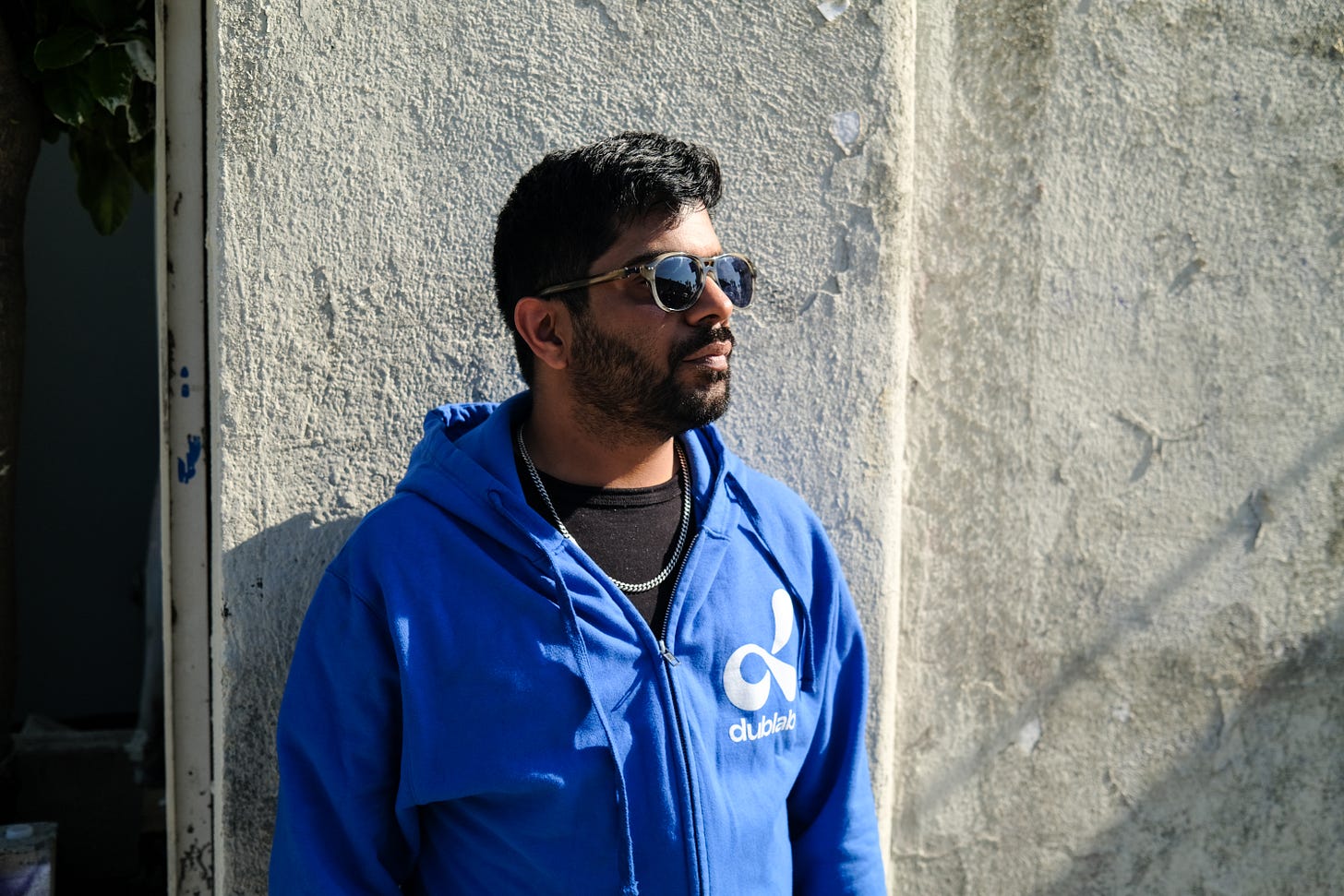
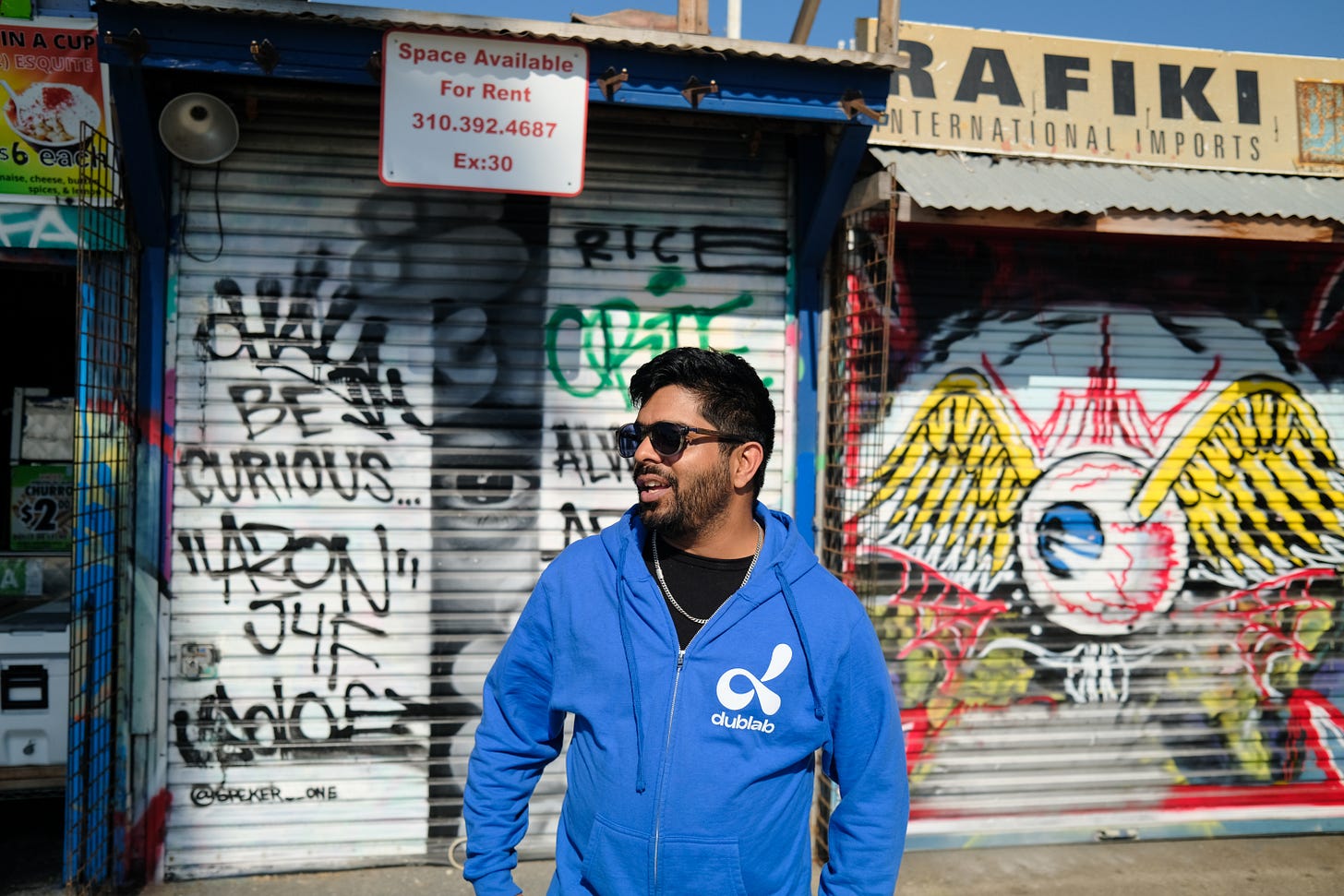

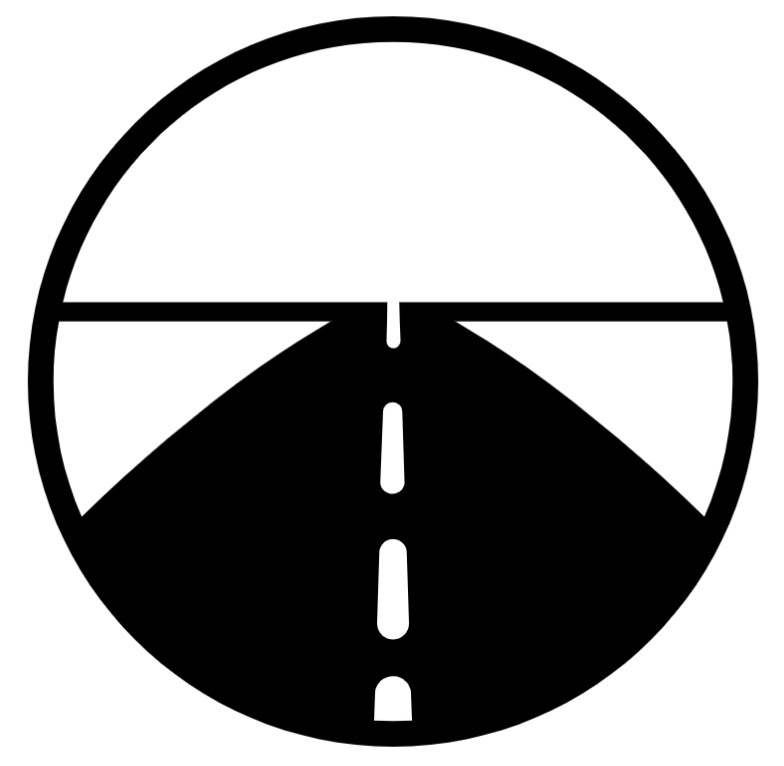
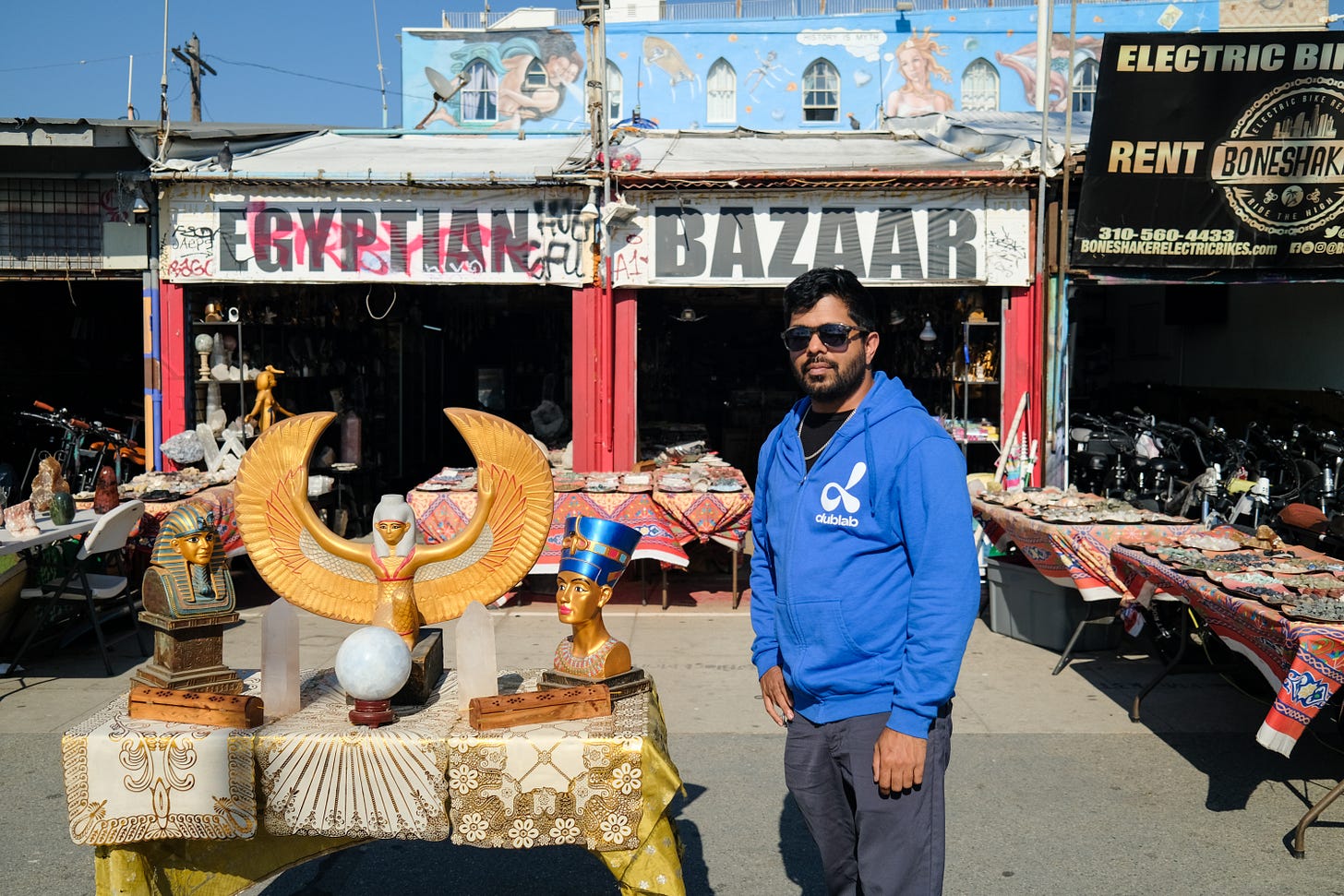

So amazing as always
pure inspiration 💪🎯